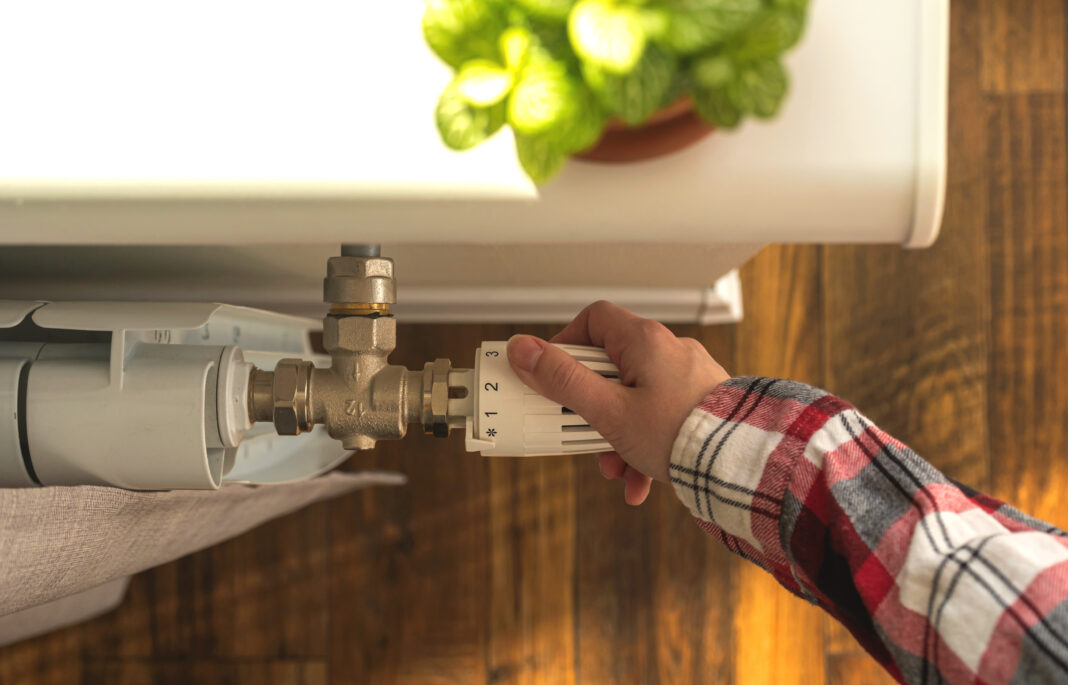The Dutch government plan to put a cap on energy prices in order to reduce household energy bills starting this year. But, how?
The cabinet plans to lessen the household energy bills starting in November, but it’s unclear how they plan to do so.
For now, the cabinet plans to reduce the advance payment to energy companies for those who need to pay it in November and December.
Though, it’s unknown how much the cabinet plans to lessen the amount, as they are still finalising the details of their energy plans.
READ MORE | Customers aren’t prepared for their bills; Dutch energy companies concerned
The Dutch government also ensured that energy companies aren’t allowed to cut off households which cannot fully pay their bills during the coming winter. Phew. 😅
Dutch government takes dramatic action
On top of all this, starting January 1, 2023, the government also plans to pay part of the Dutch households’ energy bills, reports the NOS.
This measure particularly aims to prevent a million Dutch people from falling into financial trouble due to the rising energy market prices.
READ MORE | Gazprom to quit supplying the largest Dutch gas trader
Starting next year, citizens of the Netherlands will only have to pay for a part of their electricity and gas consumption.
And, this sum will be set at most the price of last January, before Russia waged war against Ukraine.
The other part of the energy bill will be sent to the government, which will adjust the cost difference between the consumer and how much of the bill they can cover, writes the NOS.
It’s all relative
For certain, rather smaller, households, this may mean that the entire energy bill will go down. Especially if the home is already well insulated.
If you live in a larger house and consume more energy, however, you’ll be paying less for the first part of your energy bill, but also the current market price for the second half.
In more technical terms, households that consume more than the average energy consumption per year (1169 m3 of gas and 2479 kWh of electricity) will pay the market price for the rest.
Finally, the Dutch government will also provide households with a six-month grace period in the situation that they still can’t cover their bills. Though, it isn’t yet clear what will happen after those six months have passed without making a payment.
How has the rise in energy prices affected you? Tell us in the comments below!



